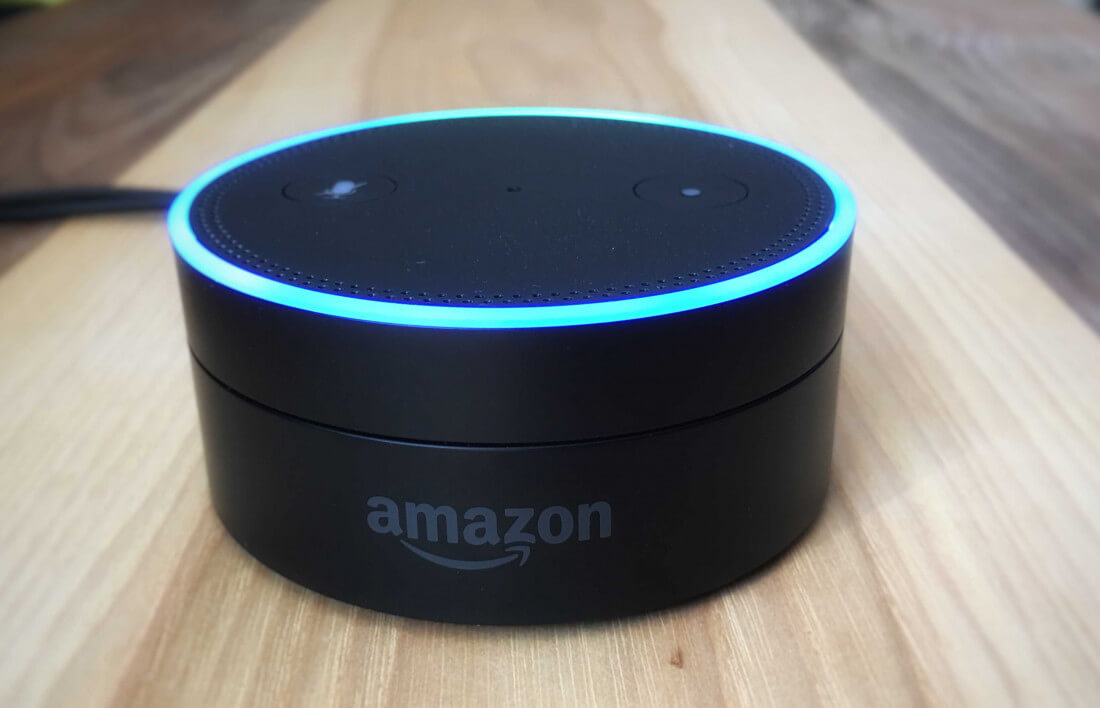There's no denying smart speakers have become popular household gadgets. Indeed, Amazon's Echo Dot was the retail giant's most popular item over the holidays, shipping as part of the "tens of millions of Alexa-enabled devices" sold during the time period.
Though the Echo devices are popular, they aren't without their own problems and quirks. Just a few days ago, Echo users including myself noticed their devices laughing for no reason. Amazon later stated they were aware of the situation and issued a fix, attributing the strange giggling to the devices somehow hearing the "Alexa, laugh" command through background noise.
One of the other frustrations some users face, albeit a relatively minor one, has been the inconvenience associated with quickly chaining Echo voice commands. If you aren't already aware, Alexa-powered devices wait to hear their wake word before listening for and processing a command.
This means users usually need to say "Alexa" multiple times to get their device to process multiple commands. As a result, asking your Echo to turn on the lights and set the thermostat to 60 degrees can be a somewhat disjointed experience, potentially breaking the illusion that you're talking to a semi-intelligent virtual assistant.

It seems Amazon has heard those concerns loud and clear, as the company has rolled out a new "Follow-Up Mode" option. This feature allows your Echo will listen for additional commands for up to 5 extra seconds after your first command has been processed.
In addition to simplifying the process of saying multiple commands, you should now be able to tell your loyal device "thank you" if you feel so inclined. If you're concerned you'll forget the device is still listening and thus compromise your privacy, worry not - Follow-Up Mode is disabled by default and can be found within the Alexa app's "Settings" menu.
It should be noted, however, this new feature will not allow you to issue two commands at once. In our own testing, attempting to do so simply resulted in Alexa becoming confused and going back to sleep.
